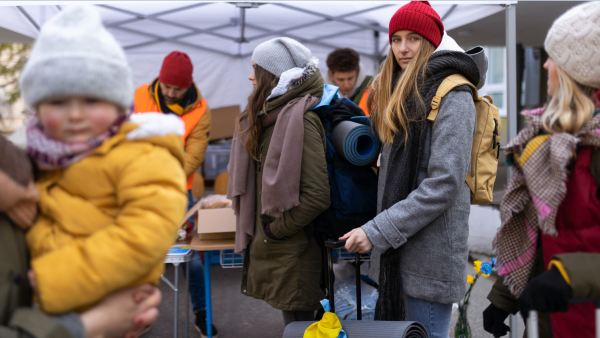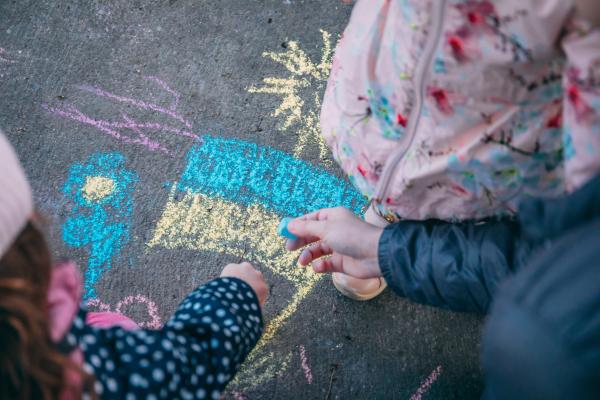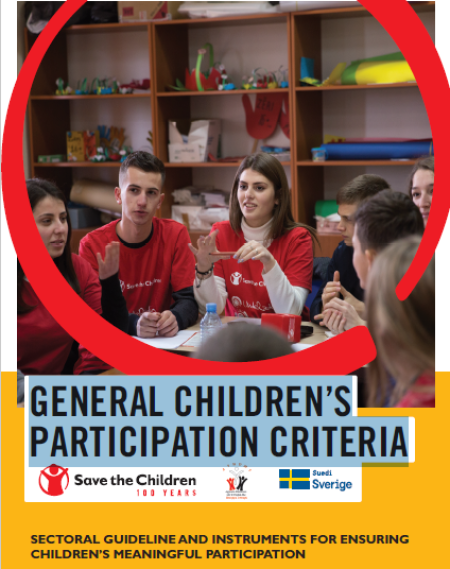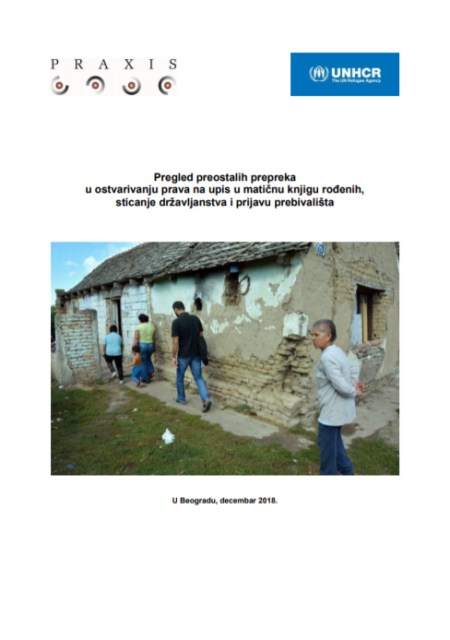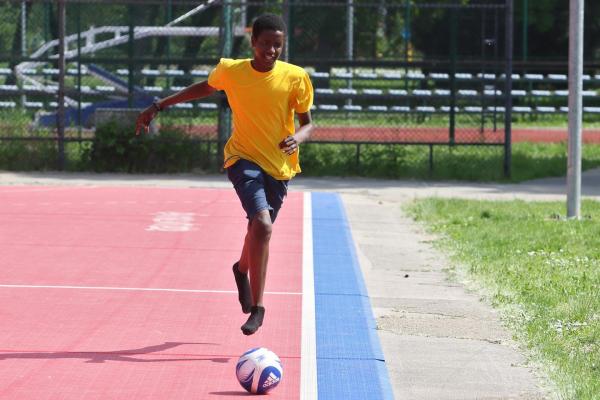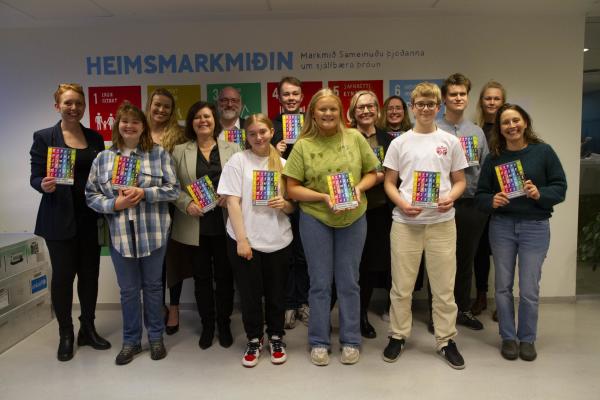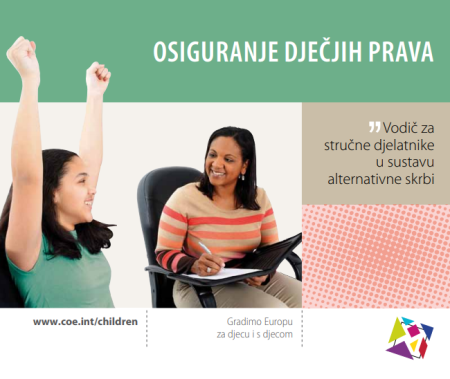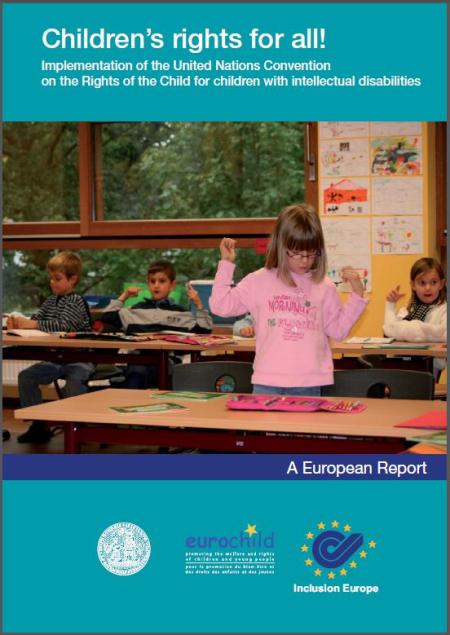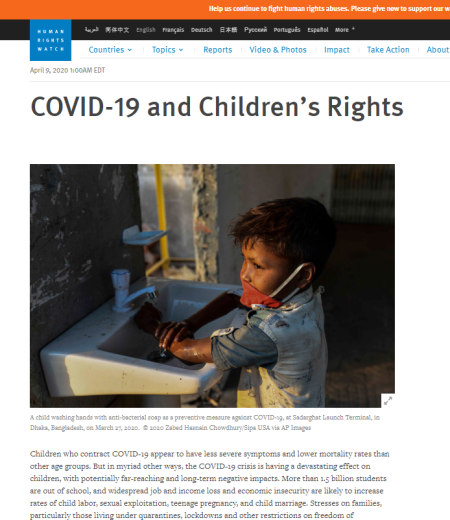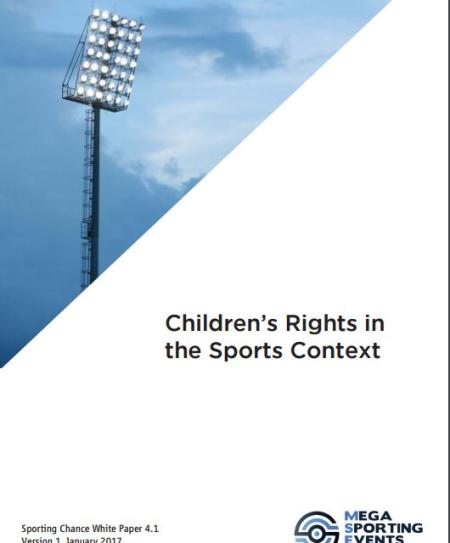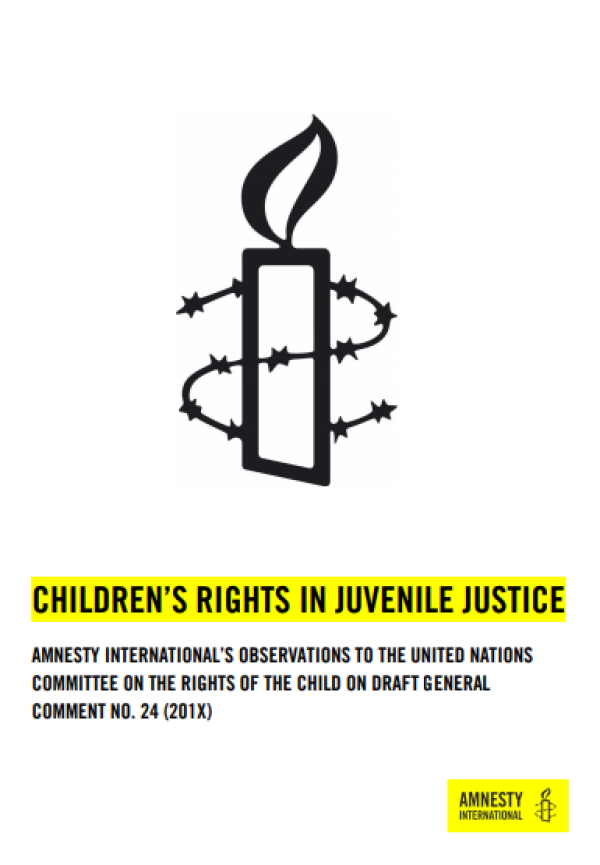Eurochild letter to Heads of EU Institutions and EU allies.
Twice a month, Eurochild connects its members to exchange information, highlight challenges and identify good practices that can help protect children’s rights during this devastating war.
We understand that countries sharing a border with Ukraine are helping to evacuate children from institutions via bilateral agreements with Ukraine. For example, in Poland, our member reported that an estimated 1,500 children had been evacuated from institutions, but they are concerned about the lack of coordination between Polish agencies.
Overall there are many concerns about the capacity of border countries to provide quality care, especially for children with disabilities.
Members also highlight the acute lack of child psychologists with adequate language skills in hosting countries. As a result, children risk being re-traumatised, even after reaching physical safety.
Encouragingly, members in Bulgaria and Spain report that their governments are establishing strong cooperation with civil society to mitigate this risk. For example, at the request of the Ministry of Education, NNC Bulgaria is developing webinars for Bulgarian teachers working with Ukrainian children on dealing with trauma and how to talk about the war.
In Italy, Telefono Azzurro is also promoting programs for mental health support.
The chaos of war can result in many children being separated from their families.
Aagje Ieven, Secretary-General of Missing Children Europe, gave an insight into the challenges. Currently, there is no unified system for identification and registration, meaning registration at the border is not systematic. As a result, there are often delays in being able to trace children even after being registered. She says 2,000 children have been reported missing because of delays in the system. The hotline “116 000” provides a vital source of legal, social and emotional support to families seeking to report and identify missing children.
Registration points require more staff and further training to overcome language barriers.
To protect the rights of all children who are fleeing the invasion of Ukraine, we need a unified system for identification and registration. Such a system will play a vital role in protecting children, ensuring their movements can be traced and they receive the support they need.

